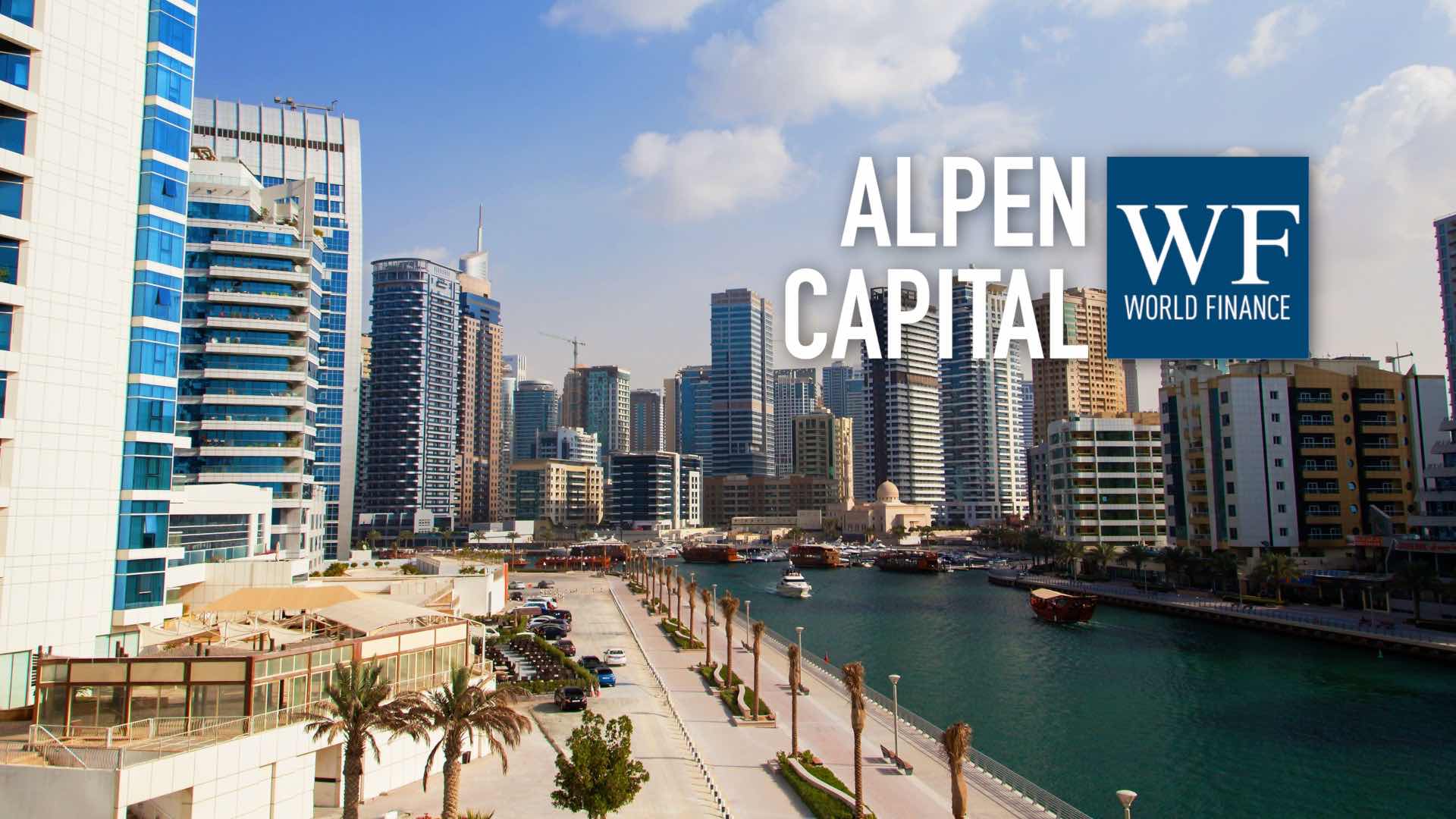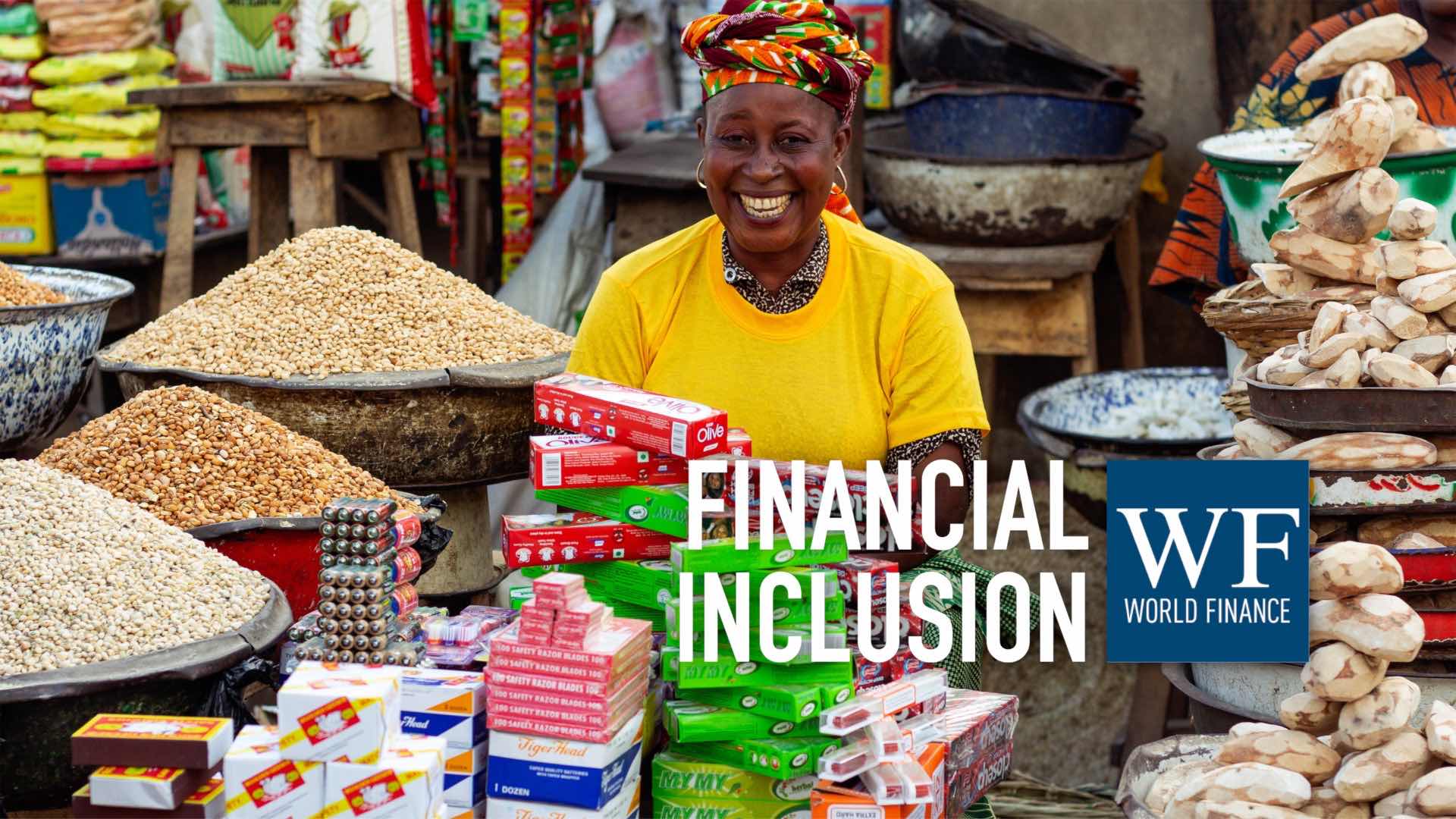Sound Impact: Investing to make a difference in emerging markets
Alpen Capital's Rohit Walia explains why the firm started assessing the social and environmental impact its transactions have
Related:
Transcript
Alpen Capital is an investment banking advisory firm specialising in debt and equity solutions for institutional and corporate clients in the Middle East, Africa, south Asia and beyond. CEO and Executive Chairman Rohit Walia explains how the firm’s work with development finance institutions and impact funders in emerging markets automatically tends towards impactful projects – and how Alpen started measuring that positive impact. In the first half of this interview Rohit talks about Alpen Capital’s rapid expansion and its other recent focus of providing funding to banks around the world.
World Finance: Rohit, you released your first sustainability report earlier this year, called Sound Impact. Why did you put this report together, why have you released it?
Rohit Walia: I think in a fashion and form to measure the impact that our transactions have. It’s something we’ve always been aware about, the fact that we work in most of the emerging markets in the world. All of them have some impact or another.
Our largest funding partners are development finance institutions or impact funders. And each of them has a different thought process on what part of society do they want to fund with. So if I look at the last few years of our transactions, a huge part of our funding has come from these people, which automatically tends itself to fund projects which are impactful – either on climate, or on the society.
So the idea was to, instead of just talking about it, see what was the impact. And then potentially put some KPIs in place over the next two to three years to measure, and aim towards potentially doing more transactions in certain areas that we feel are more impactful, both to the environment and to the societies we work in.
World Finance: Well talk me through some of the most socially impactful transactions you’ve been involved in.
Rohit Walia: IndusInd Bank, funding $35m. Complete funding has gone to women’s empowerment, lending to groups of women in the rural areas of India, some of the poorest states out there.
We funded Sahyadri, a farmers’ cooperative near Bombay, owned by 18,000 farmers. The equity came in from four development finance institutions out of Europe. This has changed the lives of all these people. We could do another dozen transactions in that fashion in the same country – huge impact on the society, on the environment.
We just did a transaction – again a few weeks back, for a large rated company called Shriram Transport, which enables existing truck drivers to become truck owners. So it creates businessmen. It was funded by Asian Development Bank, $100m.
On the corporate side, the most interesting one there has been for the Tata Group, in India. They have a huge business in about eight or nine countries in Africa, selling trucks and buses – again, makes the individual bus driver into an entrepreneur. And the Tatas fund this transaction.
So what we have done for them is taken the whole bucket of receivables, as we say. Put it into a structure into Abu Dhabi, and funded it. It’s a very interesting structure, it’s taken us one year to just put the legal structure in place. It cost a million dollars in legal fees, if nothing else. But it’s been running now very well for two years, and it’s got a huge potential to grow.
We’re looking to fund a few climate change projects in Vietnam – that’s an interesting new market. That’s one of the few countries in Asia that is actually doing a lot of work towards green energy projects.
World Finance: And now that you’ve released your first report, are you going to be updating it into the future? And is this sort of transaction going to become an important part of Alpen’s strategy?
Rohit Walia: So, we will take a look at what we have done during the year, and potentially update this by early first quarter – at least for the next two to three years. And then like I said, we will put KPIs in place for different aspects of our business.
I’m not saying we’re specifically looking for such projects. But as and when we find such projects, they tend to be more of a priority for us to take a look at than other projects which come on to the table.
World Finance: Rohit Walia, thank you very much.
Rohit Walia: Thank you.

 Alpen Capital: The GCC firm that’s funding banks from the UK to Vietnam
Alpen Capital: The GCC firm that’s funding banks from the UK to Vietnam ‘Financial inclusion in Nigeria requires a lot of fintech’ – Bank of Industry CEO
‘Financial inclusion in Nigeria requires a lot of fintech’ – Bank of Industry CEO
